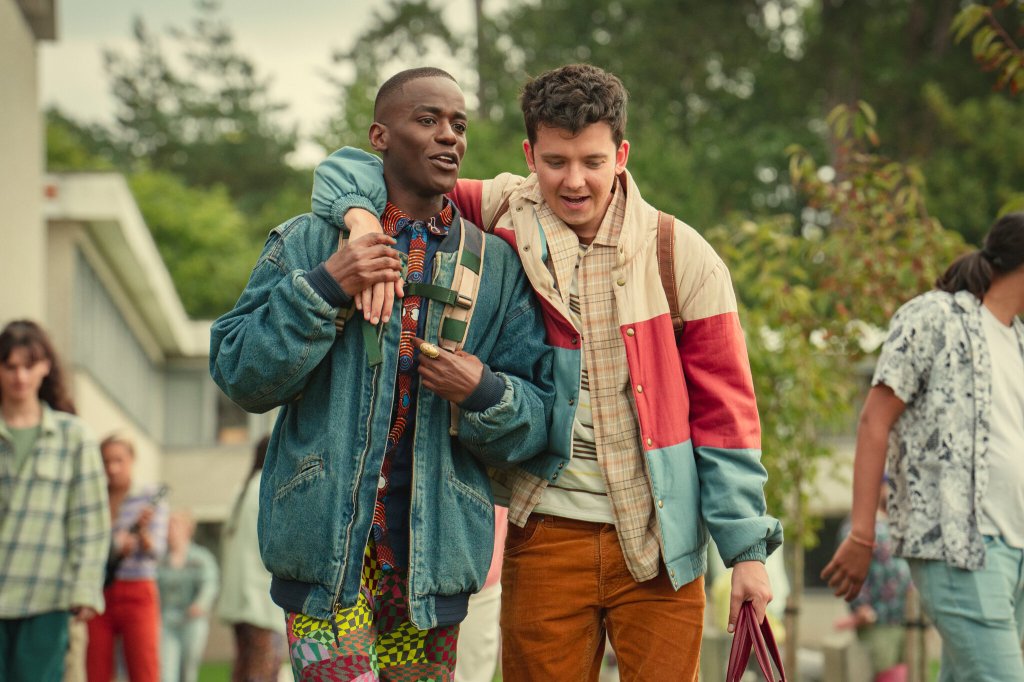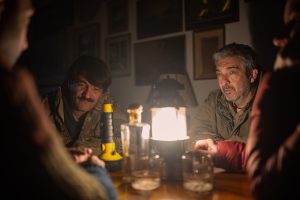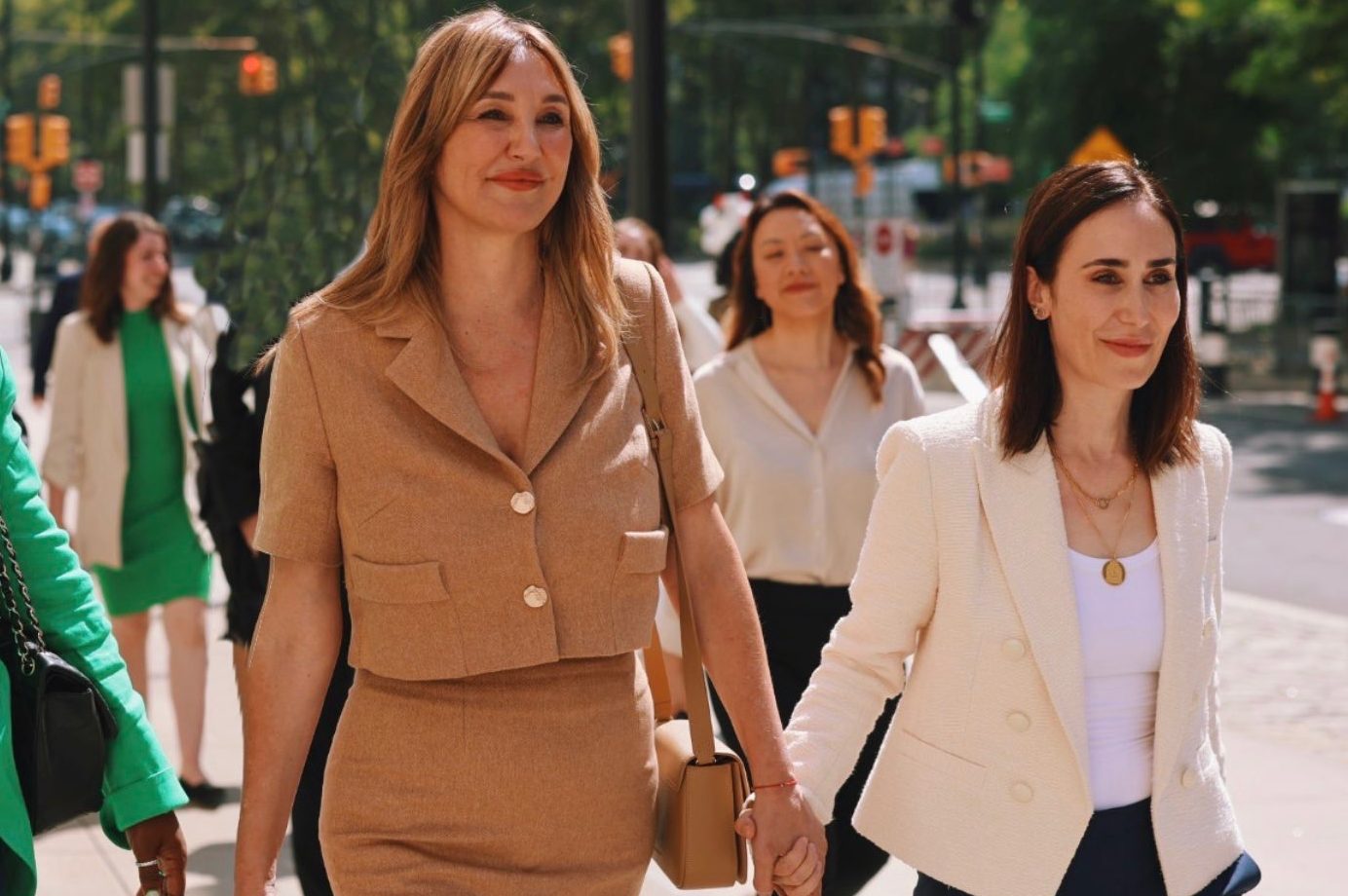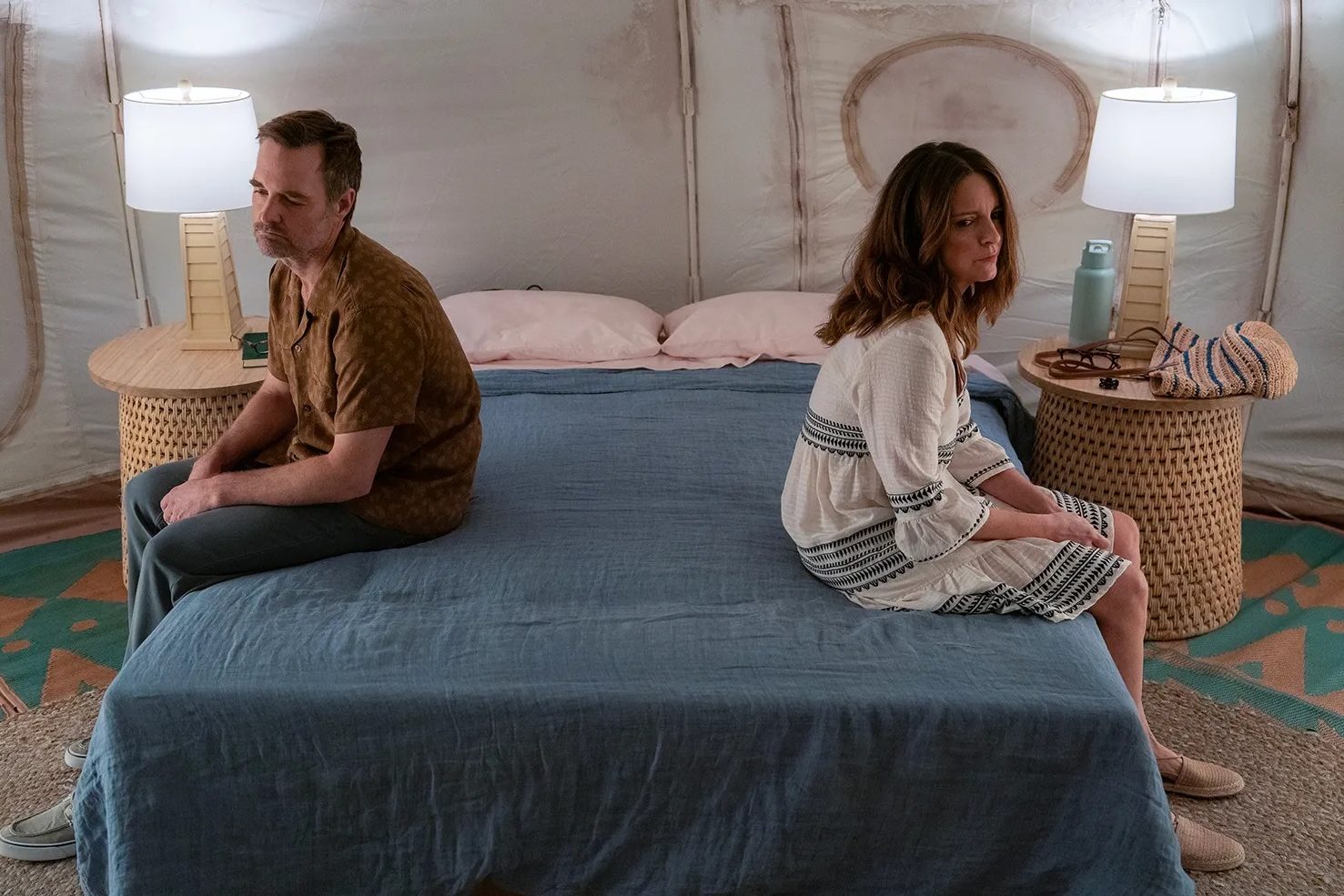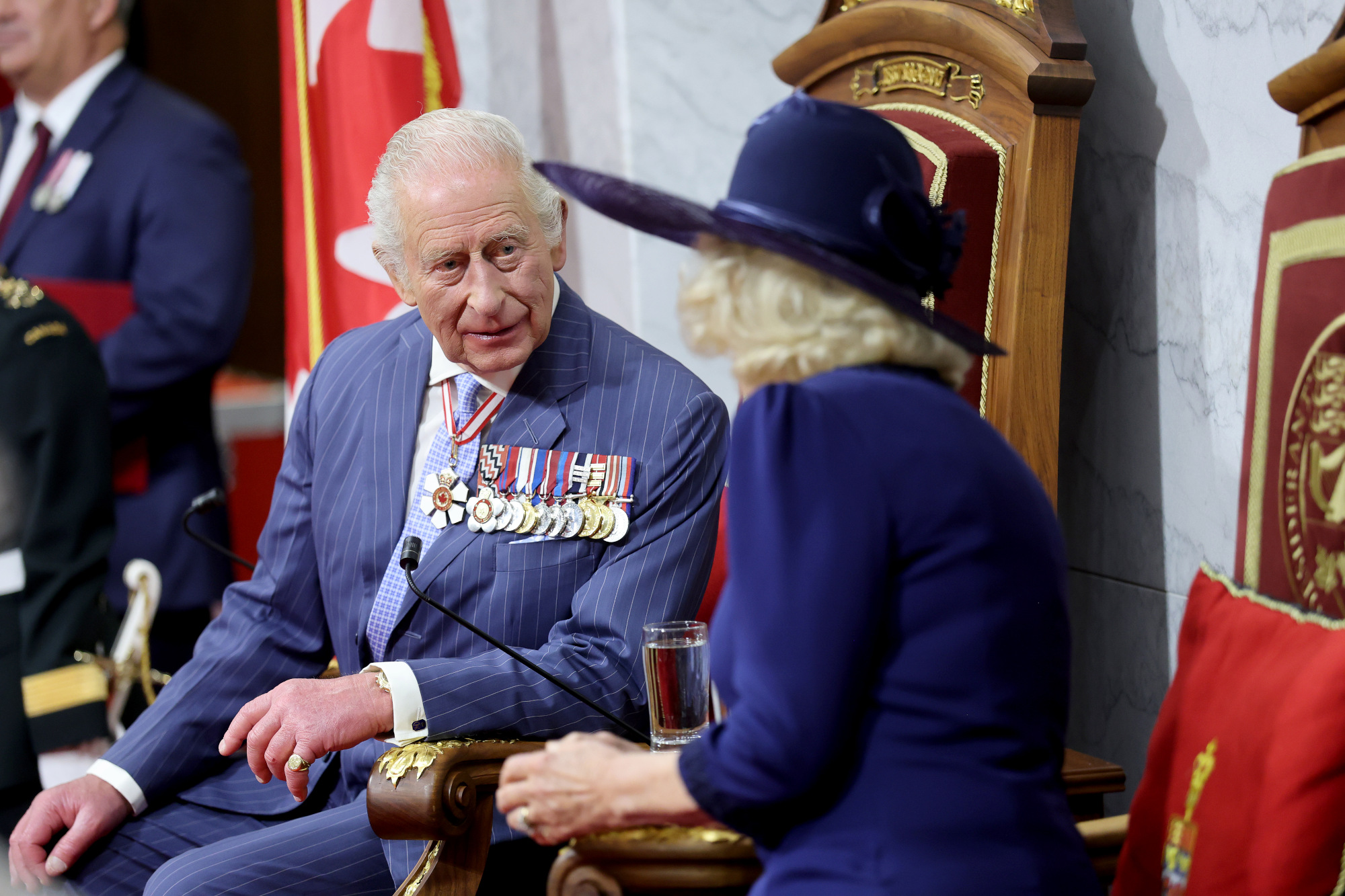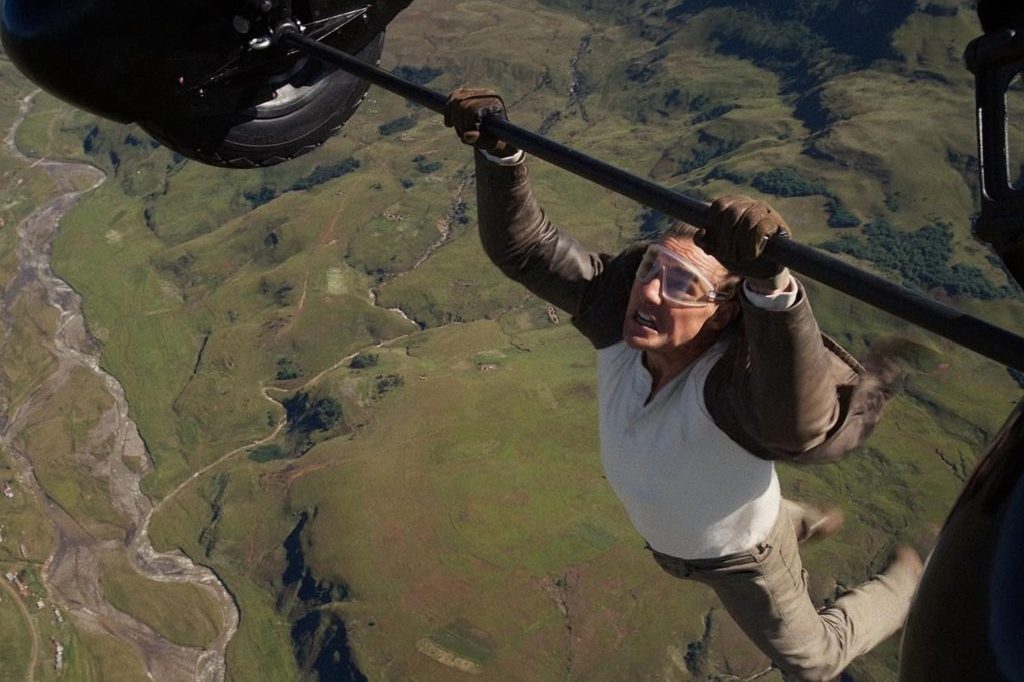Since Netflix’s Sex Education began in 2019, it has won plaudits for being one of the most reliably entertaining shows on the platform, combining refreshing frankness about sex in all its forms with a finely judged balance between gross-out humor and genuine wit, while also being unafraid to delve into deeper emotional territory. Showrunner and creator Laurie Nunn — daughter of British theatrical royalty Sir Trevor — has proved a remarkable talent, not least for assembling a truly excellent cast of lesser-known actors who have all transformed into stars over the past four years.
There is, inevitably, a problem with popular shows continuing beyond their natural ending, and that is a feeling of staleness. In the case of the fourth series of Sex Education, the major innovation is that the setting for most of the action of the previous instalments, Moordale Secondary School, has been changed. The characters now attend Cavendish Sixth Form College, which is even more outrageously “woke” and sex-positive than the previous institution.
Asa Butterfield’s Otis, Ncuti Gatwa’s Eric and Mimi Keene’s Ruby all attempt to settle in this new environment as best they can. Emma Mackey’s Maeve, meanwhile, has accepted the inevitable and gone to college, where she finds herself involved in some Chair-lite shenanigans with Dan Levy’s creative writing tutor. And Gillian Anderson’s sex therapist Jean has had a baby and finds herself beleaguered and stressed as she tries to juggle late-period motherhood with the demands of a new job presenting a radio series. Anderson, a fine actress, looks tired and bored here; it is hard to tell whether this is a realistic portrayal of the exhaustion of new parenthood, or simply the demands of a role that has ceased to offer her any interesting challenges.
The major problem with Sex Education now is that the actors are all far too old to be remotely convincing as school-age adolescents. Connor Swindells, who plays bully-turned-Eric’s-love-interest Adam, recently played an SAS lieutenant colonel in the BBC show SAS: Rogue Heroes. He was convincing and charismatic; unfortunately, the now-twenty-seven-year-old Swindells is about as likely a teenaged school drop-out as I am. And this woefully unconvincing casting — a necessity of not casting young teenagers in sexually explicit roles in the first series — means that suspension of disbelief is now more or less impossible. Butterfield has aged from being a convincing-looking teenager into a kind of Woody Allen-lite. And the excellent Mackey — by far the show’s most exciting discovery — has the poise and confidence of someone who should be teaching at a university, not being taught. Only Gatwa convincingly conveys an ageless enthusiasm, perhaps because he knows that he will be going straight into the next series of Doctor Who and superstardom.
Casting the oldest teenagers in town in shows or films like this is an occupational hazard; Henry Winkler’s Fonz in Happy Days or Stockard Channing’s Rizzo in Grease come to mind. And Sex Education, with its British-accented cast in a high school that seems like a time-warp version of an idealized American institution, has never made any attempt to be a realistic depiction of the teenage experience. Which is why its continuing saga of Alistair Petrie’s sad-sack former headmaster Michael Groff, played for poignancy rather than laughs, sticks out so incongruously.
Yet the laughs have dried up. The would-be comic situations now seem forced rather than amusingly surreal, and the suspicion remains that the wokery at the show’s heart is being celebrated rather than satirized. It has certainly made a significant impact on pop culture: Barbie featured Mackey, Swindells and Gatwa, and everyone here is bound for lengthy and successful careers. It’s just a pity that this final series is by far the least successful and enjoyable outing, meaning that Sex Education is — if you’ll excuse the imagery — suffering from a severe case of limply creative dysfunction rather than arriving at a judderingly triumphant climax.



